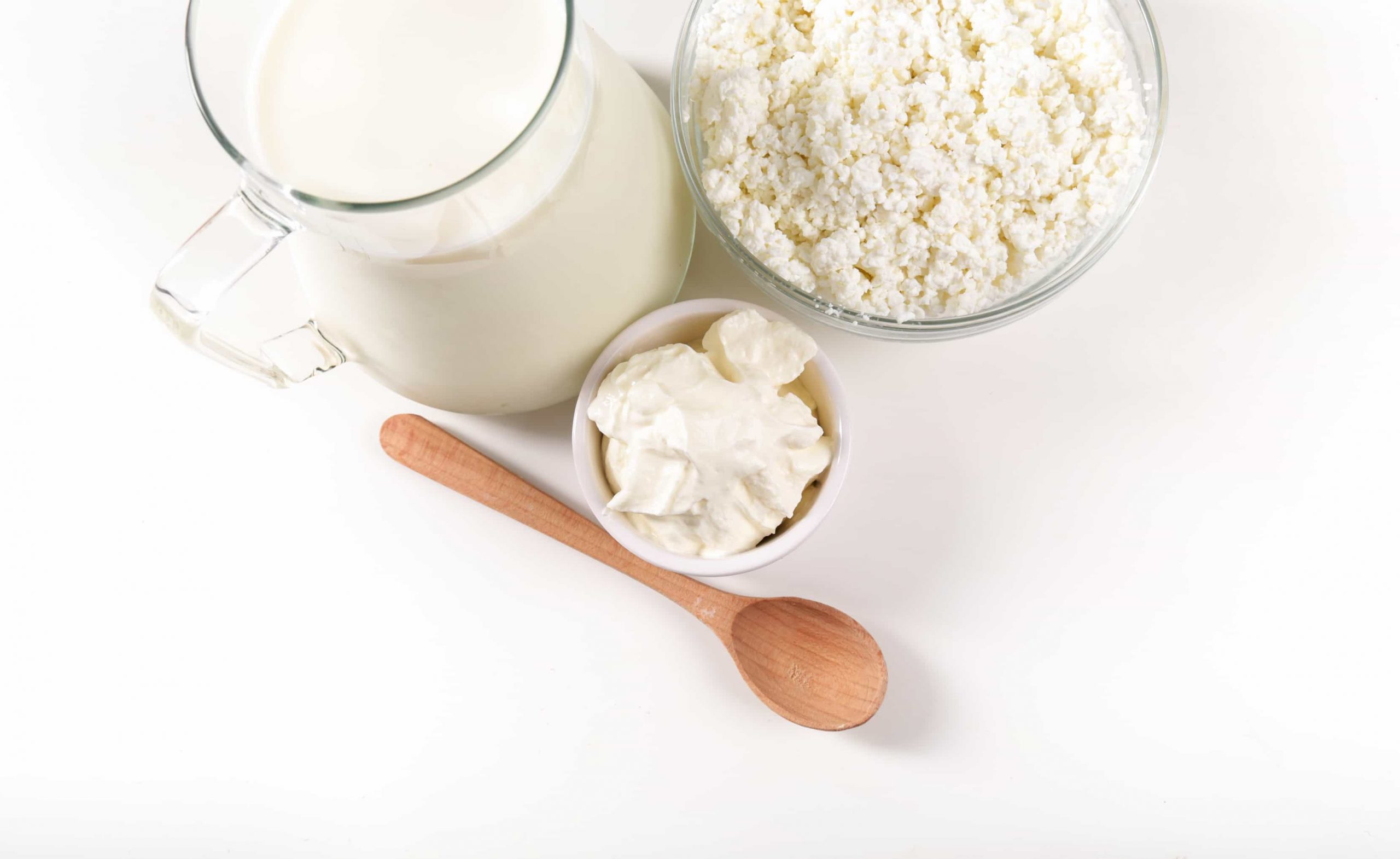What are the health benefits of milk protein?

Milk protein is an essential resource in human nutrition, noted for its high quality and bioavailability. Derived mainly from cow’s milk, it comes in two main forms: casein (80%) and whey (20%). Below, we explore its main health benefits and applications.
Milk protein and its impact on muscle health
Milk protein is known as a complete protein, as it contains all the essential amino acids that the body cannot synthesise. This unique profile is especially important for:
- Maintaining muscle mass: The combination of casein and whey allows for both rapid and sustained release of amino acids, which promotes muscle development and recovery, ideal for athletes and active people.
- Prevent sarcopenia: In older adults, regular consumption of high-quality protein helps to preserve strength and muscle mass, reducing the risk of weakness and injury.
Immune and metabolic benefits
Whey protein contains bioactive components that support health in several areas:
- Immunity: whey provides immunoglobulins and lactoferrin, which strengthen the immune system and fight infection.
- Metabolism: It favours weight control, as it promotes satiety and contributes to fat burning, being an ally in weight loss diets.

Bone health and recovery
Milk protein, in combination with the calcium and vitamin D also found in milk, plays a crucial role in:
- Strengthening bones: It is essential for preventing diseases such as osteoporosis, thanks to its ability to improve bone density.
- Post-exercise recovery: The branched-chain amino acids (BCAAs) present in whey are particularly effective in tissue repair after intense exercise.
Practical applications and by-products
The versatility of milk protein has prompted its inclusion in a wide range of products, from protein shakes to functional foods, especially in the areas of sports and clinical nutrition. According to Beurrespa, protein concentrates and isolates are widely used in food supplements, energy bars and fortified drinks.
Frequently asked questions about milk protein
What is the difference between casein and whey?
Casein digests slowly, providing amino acids in a sustained manner, while whey is fast-absorbing, ideal for post-workout recovery.
Can milk protein help with weight loss?
Yes, its high satiety and contribution to metabolism make it useful in weight control diets.
Is milk protein suitable for people with lactose intolerance?
Whey and casein isolates usually have very low levels of lactose and are suitable for many lactose intolerant people.
What is the recommended daily amount of milk protein?
It varies according to physical activity and age, but generally between 0.8 and 1.2 grams of protein per kilogram of body weight is suggested.
What are the benefits for older adults?
It prevents muscle loss, strengthens bones and improves immune function, helping to maintain a better quality of life.
